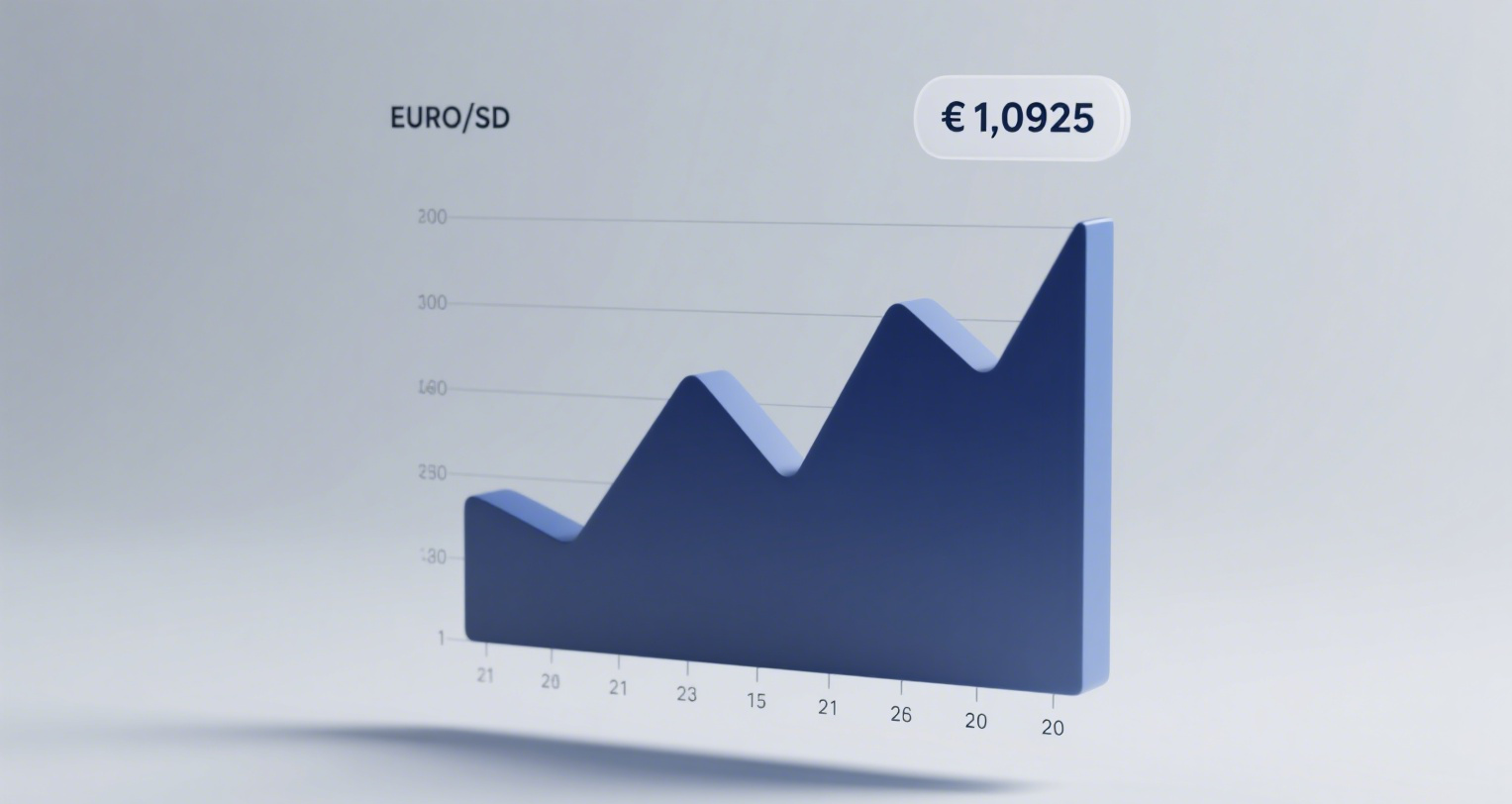
New Regulations Stipulate Daily and Annual Inspections for Relevant Enterprises
According to an official from the Department of Consumption Promotion of the Ministry of Commerce, the "Measures" consist of six chapters and 44 articles. The "Measures" first clarify the overall requirements for refined oil distribution management. They stipulate that the state implements a record-filing system for wholesale and storage operations of refined oil and a licensing system for retail operations, while also specifying the responsible departments for local administrative law enforcement based on the "Opinions."
Chapter II of the "Measures" details the specific requirements for record-filing management and business licensing. It defines the entities responsible for record-filing for refined oil wholesale and storage enterprises, as well as requirements for filing procedures, modifications, receipt cancellations, and receipt validity periods. It also standardizes the rules for refined oil retail business licensing, specifying the licensing entities, conditions, application materials, procedures, timelines, modifications, certificate formats, validity periods, and usage standards.
Chapter III of the "Measures" outlines the regulatory requirements that enterprises must follow in their operations. It mandates that refined oil operators conduct business in compliance with laws, regulations, and standards, improve relevant management systems in accordance with national requirements, and regularly report purchase, sales, and inventory data. It also clarifies operational requirements for new construction, expansion, temporary closures, oil product transactions, and labeling.
Additionally, the "Measures" define the supervisory responsibilities of commerce authorities at all levels and penalties for violations. For example, they require the formulation of development plans for the refined oil retail system, mandate daily and annual inspections for relevant enterprises, and emphasize the need for digital and intelligent supervision as well as credit-based tiered supervision. For violations of the "Measures," administrative penalties are categorized based on severity to ensure proportionality.
Wang Nengquan stated that the "Measures" provide specific management rules for wholesale, storage, and retail operations in the refined oil distribution chain, setting clear requirements for government agencies at all levels and enterprise operations. They represent the concrete implementation of the "Opinions" and serve as a guide for strengthening the management of China's refined oil distribution industry, standardizing business practices, and promoting high-quality development in the sector over the long term. They also reflect the implementation of the central government's policies on building a unified national market in the petroleum distribution industry.
Some analysts note that a key highlight of the "Measures" is cross-departmental joint supervision and digitalized, full-chain management, which will facilitate multi-agency collaboration in addressing irregularities in refined oil distribution.
"The introduction of the 'Measures' is beneficial for both industry development and consumer protection, helping consumers avoid fake and substandard oil. Its implementation will require continuous refinement in practice," Wang Nengquan said.
















